Plant Trees

Happy Earth Month! Be the Change: Plant trees
About
Stay up to date on major announcements, exciting collaborations, and more.Visit our Newsroom
We make it simple for anyone to plant trees, and together we can make an incredible impact. Learn more
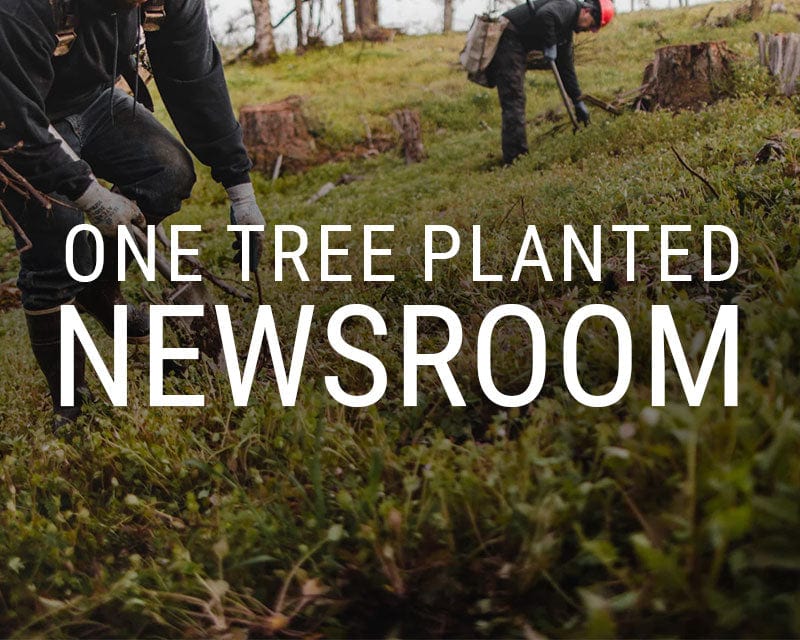
Stay up to date on major announcements, exciting collaborations, and more.Visit our Newsroom

We make it simple for anyone to plant trees, and together we can make an incredible impact. Learn more
Get Involved
Become a business partner to improve your company’s sustainability initiatives and make an impact. Learn more
See how your support and leadership can help us fund reforestation efforts across the globe. Learn more

Become a business partner to improve your company’s sustainability initiatives and make an impact. Learn more
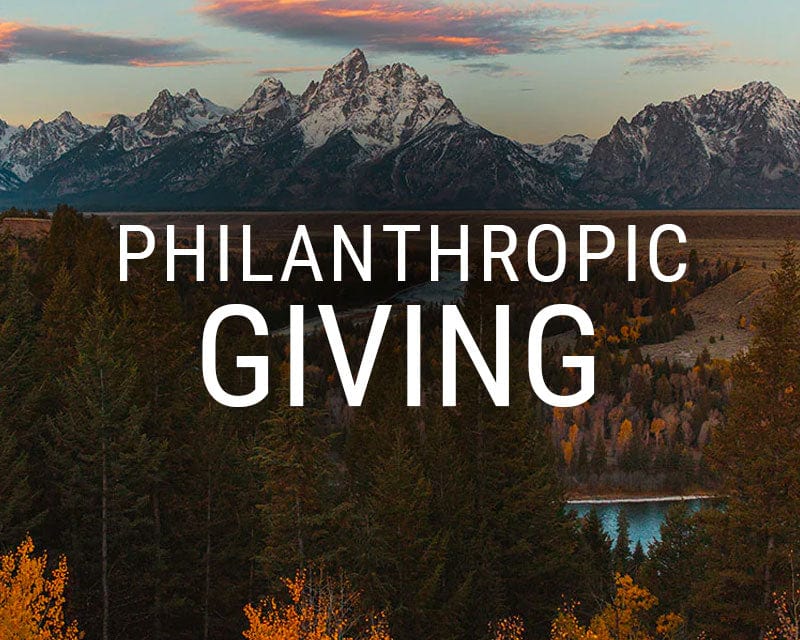
See how your support and leadership can help us fund reforestation efforts across the globe. Learn more
Learn
Read about stories from the field, interesting facts about trees and get your healthy dose of nature. Visit our blog
Comprised of lesson plans, learning modules, resources, and activities, our T.R.E.E.S. School Program is the perfect addition to your curriculum. Learn more
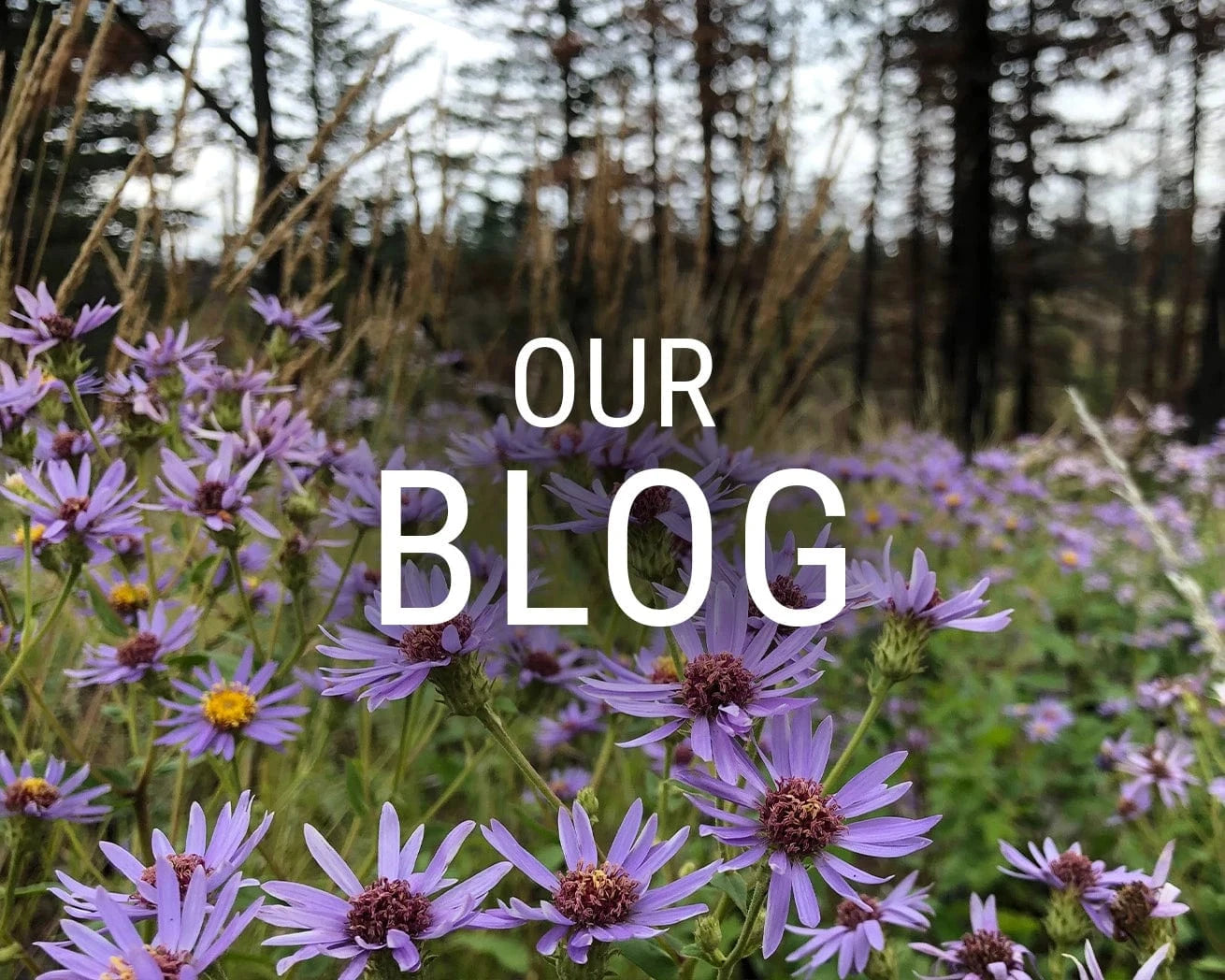
Read about stories from the field, interesting facts about trees and get your healthy dose of nature. Visit our blog
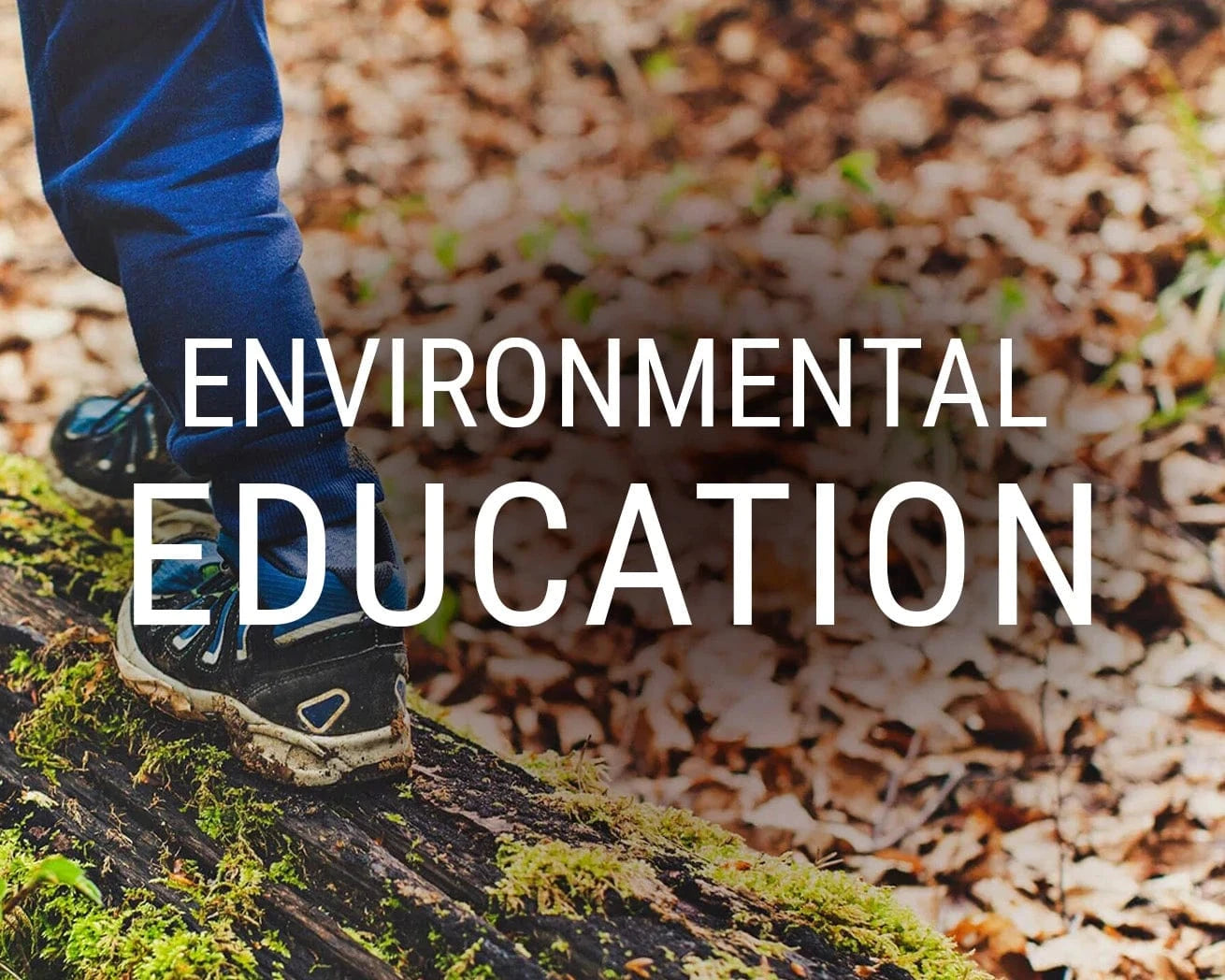
Comprised of lesson plans, learning modules, resources, and activities, our T.R.E.E.S. School Program is the perfect addition to your curriculum. Learn more
Shop
Our fan-favorite Reforestation T-Shirt. Wear it with pride to show your support of reforesting our planet, one tree at a time. Shop now
Give the gift that lasts a lifetime! Choose an image, write your personalized message and select a delivery date to gift a tree. Gift a tree
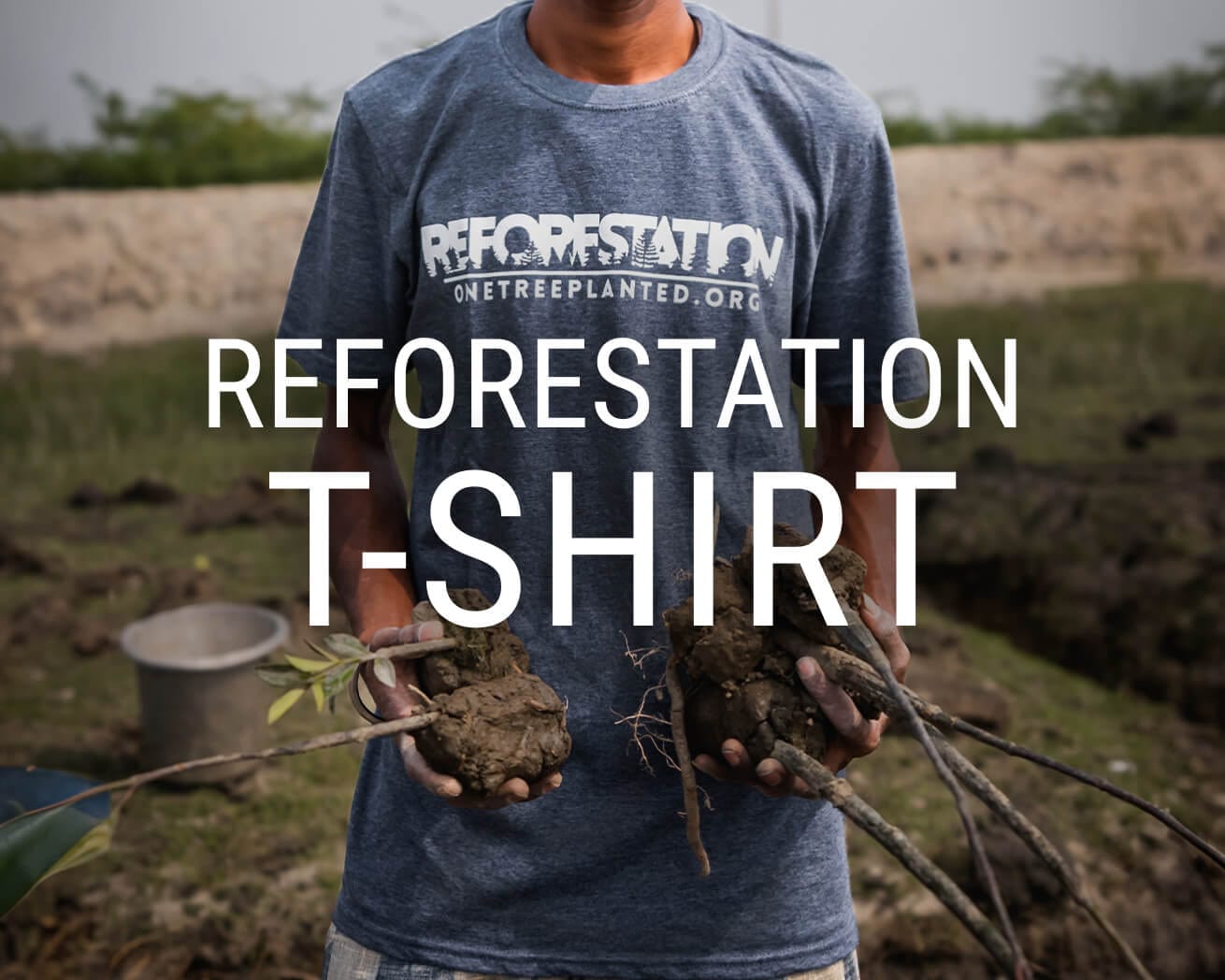
Our fan-favorite Reforestation T-Shirt. Wear it with pride to show your support of reforesting our planet, one tree at a time. Shop now
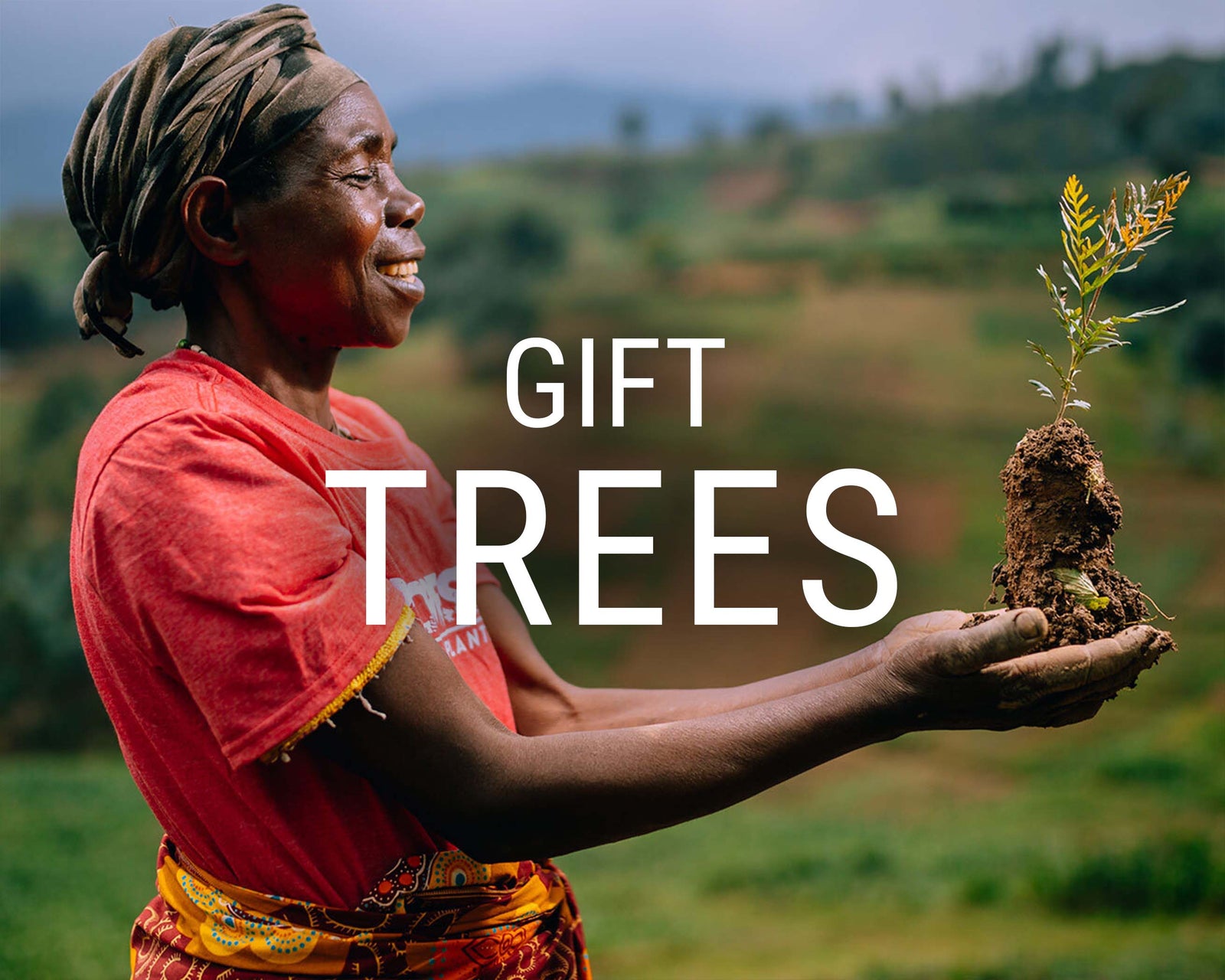
Give the gift that lasts a lifetime! Choose an image, write your personalized message and select a delivery date to gift a tree. Gift a tree

58,000 Trees Planted in Ethiopia and Ghana with Local Communities
September 09, 2019 4 min read
Reforestation recap time! We're happy to share the details of two recently completed projects in Africa thanks to your support.
33,000 Trees Planted in Ethiopia in Record-Breaking Planting Effort
You have probably already heard, but good news deserves to be shared more than once. In July 2019, Ethiopia attempted and succeeded in breaking the world record for most trees planted in a single day. In just 12 short hours on July 30th, millions of Ethiopians were able to plant more than 350 million trees, felling India's 2017 record of 200 million!
One Tree Planted's contribution was but a mere 1/1000th of the total number of trees planted, but 33,000 trees can make a huge impact.

Historically, 30% of Ethiopia was covered by forests, but today only 4% of the country's forest coverage remains. Agriculture and rearing of livestock over the last century is largely to blame for the widespread deforestation.
In more recent years, Ethiopians have made a concerted effort to curtail the loss of forests. A community based approach has proven effective, getting forest dependent communities on board with sustainable forest management in an attempt to reduce clear-cutting. Ethiopia has also implemented the "Green Legacy" initiative to plant more than 4 billion trees across the country and change people's attitude towards environmental degradation.
One Tree Planted did our part in Amhara, where our partners work to lower poverty levels and improve environmental conditions in the region by protecting its natural resources.
Planting trees in Amhara will go a long way to protect and improve the lives of nearby communities. Aside from the ecological impacts of creating wildlife habitat and carbon sequestration, these trees will help reduce erosion and flooding, while improving water supplies.
Trees also benefit farmers and livestock as they retain ground water and provide shade to allow plants to grow on the forest floor. Not only can these plants be grazed by livestock, they also contribute to soil health, ensuring there are sufficient nutrients for optimal growth of the trees and other forest crops.



25,000 Trees Planted in Ghana with Local Communities
Our planting efforts have come to Ghana in 2019 as well! Planting wrapped up at the end of August and, thanks to your support, One Tree Planted was able to plant 25,000 trees in the Tongo Hills of northern Ghana with lots of participation from local communities.
Partnering with the Ghanian Environmental Protection Agency (EPA), and some 300 volunteers, we started planting trees in the Yameriga community. The goal of this project is to improve vegetal cover and land productivity in degraded areas. Reforestation will also help to slow down run-off from the hillsides to reduce erosion and siltation, enhance soil microbial diversity and carbon sequestration (above and below ground), and increase overall biodiversity in nature.
Perhaps most importantly, the newly planted trees will help improve local water supplies. By capturing, retaining, and slowing the flow of water over the ground, trees improve the hydrological function of watersheds. For the people of Yameriga, this means a more predictable flow of higher quality water.
Going beyond just planting trees, the EPA is also educating, training, and empowering nearby communities with knowledge of sustainable forestry and agricultural practices. Giving communities the tools they need to sustainably manage forest resources will help maintain the trees and, hopefully, reduce and eliminate deforestation so the trees' benefits can be felt for generations to come.

A Little Background on Forests in Ghana
Tree planting in Ghana is particularly important these days as deforestation in the West African nation has reached all time highs. Approximately 80% of Ghana's population rely on resources from forests and healthy environments to maintain farming for local food supplies. But desertification, mining operations (both legal and illegal), the timber industry, and a growing cocoa industry means large swaths of Ghana's forests have been devastated, which has further impacts in young people leaving farming communities and contributing to urban sprawl.
According to Ghana's Forest Ministry in 2016, the country has lost 80% of state-managed forest resources to illegal logging. And there hasn't been much of an improvement since; from 2017-2018, Ghana saw a 60% increase in primary forest loss alone, the highest in the world. To help combat this, the Ghanian government has pledged to eliminate deforestation from its cocoa supply chain, as well as plant over 30 million trees!
The northern communities of Ghana are particularly hard-hit by deforestation. As the trees are cut down the Sahara desert starts to spread further south. With less and less vegetal coverage, formerly productive agricultural soils have been replaced with sand. On top of making it much more difficult to grow crops and feed the community, the encroaching desert also makes erosion more common and reduces the quantity and quality of water supplies.
That's why planting trees here is so important! Ensuring that the forest remains strong will help stave off the Sahara and play a role in restoring soil health while enhancing the lives of people. Once mature, trees will be able to hold on to the soil with their roots, reducing erosion and allowing for other native plant species to take root, putting into effect a positive regenerative feedback loop.



Though planting in Ethiopia and Ghana has mostly wrapped up for the year, we will continue to have projects in the two countries and other African nations very soon. Be sure to check out all of our projects in Africa for more information on how you can make an impact!
by Joseph Coppolino
Enviro-fabulist